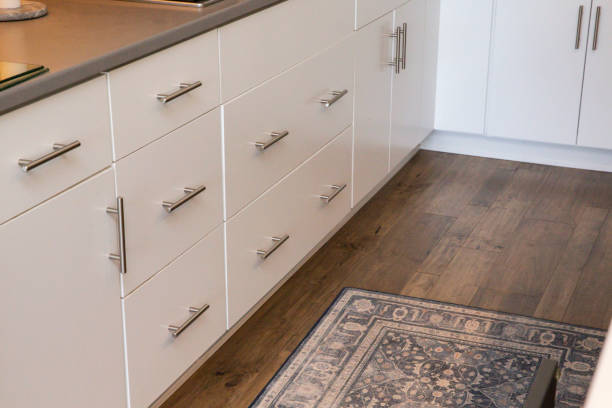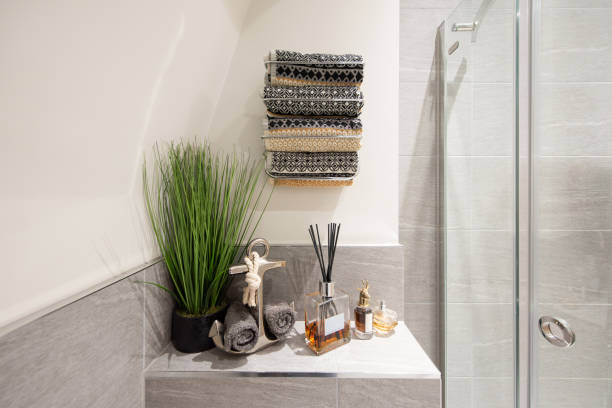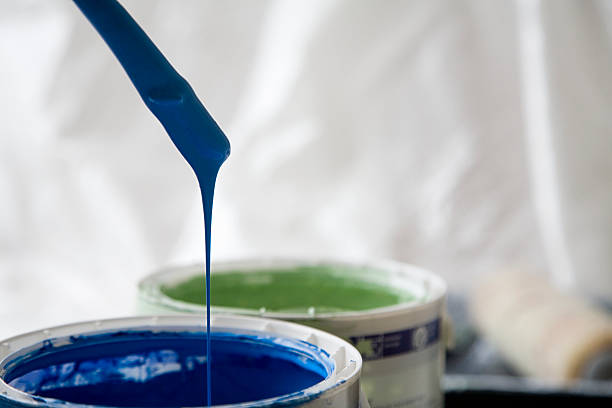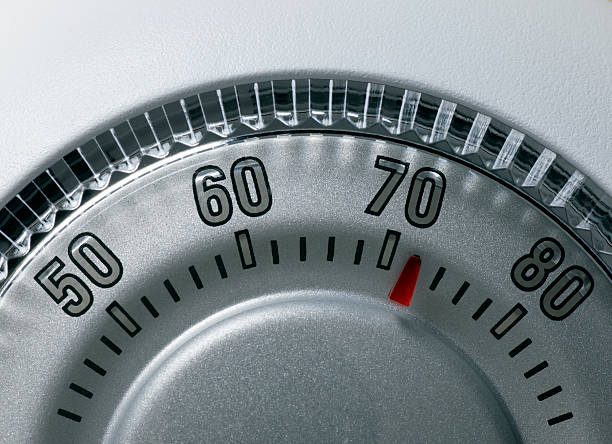Selecting the perfect trash bags might seem like a mundane household decision, but the right choice can significantly impact cleanliness, convenience, and even environmental responsibility. Modern households face an array of options when it comes to trash bags, from standard plastic varieties to eco-friendly alternatives, each with distinct advantages depending on specific needs. Understanding the key factors in trash bag selection helps maintain a hygienic home while aligning with personal values and practical requirements.
Durability stands as the foremost consideration when choosing trash bags. Thin, flimsy bags often tear under pressure, creating messy leaks and unpleasant odors. For kitchen use where food waste accumulates, heavy-duty bags with reinforced seams and puncture resistance prevent rips from sharp bones or can edges. Bathroom and bedroom trash cans typically require medium-weight bags that can handle lighter loads without unnecessary thickness. The bag's thickness, measured in mils, directly correlates with strength—everyday use bags generally range between 0.7 to 1.5 mils, while premium options may exceed 2 mils for maximum durability. Size and fit dramatically affect functionality, as improperly sized bags lead to frustration and spills. Measuring the trash can's height, width, and depth ensures the bag will fully line the container without excess material or dangerous overhang. Drawstring bags offer convenient closure for odor control and easy removal, particularly useful for kitchen waste. For oddly shaped or oversized cans, specialty sizes or adjustable bags provide better coverage than standard options. Office spaces and children's rooms often benefit from smaller bags that encourage more frequent disposal, preventing overflow and maintaining freshness. Environmental impact has become an increasingly important factor in trash bag selection. Traditional plastic bags, while affordable and effective, contribute to landfill waste and may take centuries to decompose. Biodegradable bags made from plant-based materials offer a more sustainable alternative, breaking down significantly faster under proper conditions. Compostable bags serve households with food waste composting systems, though they require specific disposal methods to degrade effectively. Recycled plastic bags present a middle ground, reducing virgin plastic use while maintaining familiar performance. Consumers must weigh ecological benefits against practical considerations like cost and availability in their area. Special features can elevate basic trash management to a more pleasant experience. Scented bags help neutralize odors in spaces like diaper pails or pet waste containers, while antimicrobial treatments inhibit bacterial growth. For households with environmental concerns but limited access to specialty bags, double-bagging with reused shopping bags offers a temporary solution. Color-coded bags assist with waste sorting systems, particularly useful for recycling programs or medical waste separation. The ideal trash bag combines strength, proper sizing, and environmental alignment with household values. By carefully considering usage patterns, disposal needs, and personal priorities, homeowners can select bags that simplify daily chores while minimizing negative impacts. What appears as a simple household staple actually represents an opportunity to enhance home maintenance efficiency, reduce cleaning headaches, and make environmentally conscious choices. Thoughtful selection transforms an ordinary item into a tool for better home management and ecological responsibility.



